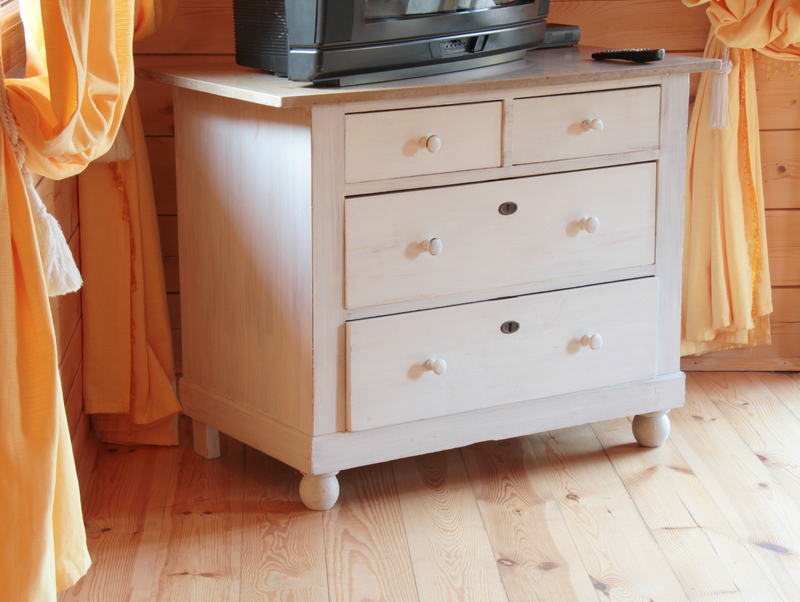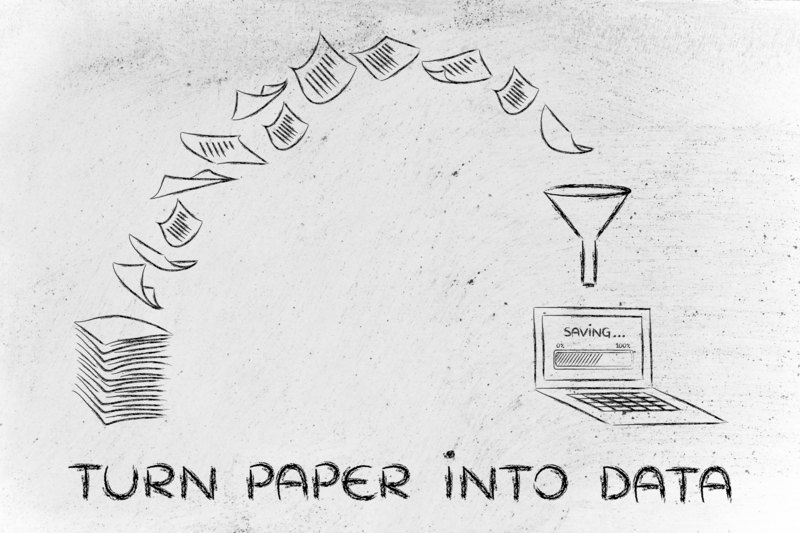Economical Ways to Dispose of Bulky Waste Items
Getting rid of bulky waste can be an overwhelming task. Whether you are renovating your home, upgrading furniture, or decluttering, disposing of large items like mattresses, sofas, appliances, and old electronics often presents logistical and financial challenges. Fortunately, there are several cost-effective and budget-friendly methods to dispose of bulky waste items responsibly while minimizing environmental impact and saving money.
What is Bulky Waste?
Bulky waste items are large household items that do not fit into regular trash bins, such as:
- Furniture (sofas, beds, wardrobes, tables)
- Mattresses and box springs
- Large appliances (refrigerators, washing machines, stoves)
- Electronic waste (old TVs, computers, monitors)
- Carpets and rugs
- Garden waste (tree branches, lawn furniture)
Understanding what qualifies as bulky waste helps in choosing the most economical and environmentally-friendly disposal methods.

Why Economical Disposal of Bulky Waste Items Matters
Disposing of large items economically can:
- Save you money by avoiding expensive removal services or landfill fees.
- Reduce environmental impact by promoting recycling and reuse.
- Help your community by supporting charitable organizations.
- Keep neighborhoods clean and safe by preventing illegal dumping.
Most Economical Ways to Dispose of Bulky Waste Items
1. Utilize Local Council and Municipal Collection Services
Many cities and municipalities offer free or low-cost bulky waste collection services. Schedules typically allow for one or two annual pickups per residence.
- Check your city's website or call the sanitation department for collection dates, rules, and fees (if any).
- Follow guidelines for acceptable items and correct placement (curbside, driveway, etc.).
- Book in advance as dates often fill up quickly.
Tip: Make a list of all items you want to dispose of in one go to maximize your collection slot.
2. Recycle Bulky Waste Whenever Possible
Before considering landfill, evaluate if your bulky items can be recycled or upcycled.
- Appliances: Many areas offer free appliance recycling, as the metal can be salvaged.
- Electronics: Drop off at e-waste collection points for responsible disposal or refurbishment.
- Mattresses: Specialized facilities can dismantle and recycle components like foam and springs.
Recycling helps protect the environment and can sometimes be done at no cost.
3. Donate Usable Items to Charities or Nonprofits
If your large items are in decent condition, consider donating to local charities or social organizations. This is not only eco-friendly but also supports those in need.
- Find organizations that accept furniture, appliances, or electronics (e.g., Salvation Army, Habitat for Humanity, Goodwill).
- Many offer free pickup services, saving you time and disposal fees.
- Request a donation receipt for potential tax deductions.
Note: Always check donation requirements and item condition rules.
4. Sell or Give Away Old Items Online
Turn your bulky waste into extra cash, or at least arrange free removal, by offering items on:
- Online marketplaces (Facebook Marketplace, Craigslist, Gumtree)
- Community groups or neighborhood forums
- Freecycle or Buy Nothing project groups
Advantages:
- Earn money or save on disposal costs.
- Encourage reuse and reduce landfill contributions.
Pro Tip: Take clear photos and be honest about item condition to attract serious buyers or takers.
5. DIY Disposal at Local Waste Facilities
If municipal collection isn't available or convenient, most areas have local waste and recycling centers where you can drop off items yourself. This can be one of the cheapest options, especially if fees are charged by weight or type, often much less than hiring removal services.
- Check your nearest civic amenity site for operational hours and acceptable items.
- Bring proof of residency if required for free or discounted dumping.
DIY drop-offs require access to a suitable vehicle, but combining trips with friends or neighbors can reduce costs further.
6. Repurpose or Upcycle Bulky Waste
Get creative and explore how you might repurpose large items into something useful:
- Old doors as tables or headboards
- Drawers as under-bed storage boxes
- Pallets for garden furniture or compost bins
- Mismatched chairs as plant stands
Upcycling not only saves money but can add uniqueness to your home or garden.
7. Book a Low-Cost Private Collection Service
When other options aren't possible, local haulers or junk removal businesses often provide affordable bulky waste removal, especially if you can schedule pickups in non-peak times or combine loads with neighbors.
- Shop around and compare prices.
- Ask about recycling or donation programs to ensure responsible disposal.
- Some services offer discounts for consolidated loads or for specific recyclable materials.
Always check the company's licensing and reviews before booking.
Tips for Economical Bulky Waste Disposal
- Plan ahead: Gather everything you want to discard so you can dispose of it all at once, reducing multiple journeys or fees.
- Separate materials: Sort out metal, wood, textiles, and electronics for easier recycling and, sometimes, lower costs.
- Ask neighbors or friends if they have items for disposal so you can share collection or rental fees.
- Check local regulations to avoid fines for improper dumping.
- Contact waste management or local government offices for the latest initiatives, programs, or disposal events.
Common Questions about Bulky Waste Disposal
Can I leave bulky waste on the curb?
Not always. Some regions require you to book a pickup or provide a permit. Always check local guidelines to avoid fines or missed collections.
Are there items that cannot be collected?
Yes. Items containing hazardous materials (paint, solvents, chemicals), car parts, or construction debris might need special handling. Contact your waste provider for specifics.
Do all bulky items go to landfill?
No. Many bulky waste items can be recycled, refurbished, or reused through various services and programs, helping conserve natural resources.
Is private junk removal ever economical?
Yes, especially if combined with neighbors' items or booked off-peak. Companies that donate, recycle, or provide discounts can be very cost-competitive.
Case Studies: Creative Bulky Waste Solutions
A Community Furniture Swap
One neighborhood in the UK organized a semi-annual furniture swap event. Residents brought unwanted large items to a central location. Unsold or unclaimed pieces at day's end were collected by a local charity. This initiative:
- Reduced waste disposal costs
- Promoted reuse within the community
- Provided low-income families with affordable furniture
Upcycling Workshops for Old Mattresses
A nonprofit in Australia taught locals to repurpose mattress springs as garden art or trellises, and foam for pet beds. These workshops inspired creative thinking and reduced local landfill use by nearly 30% for that category over a year.

Bulky Waste Disposal Mistakes to Avoid
- Illegal dumping: Leaving bulky waste on public property or in unauthorized areas can lead to fines and legal action.
- Ignoring recycling options: Many materials, including metals, electronics, and even foam, can often be recycled at no cost or for small fees.
- Paying top price without shopping around: Always compare pricing for removal services and check for free local programs first.
- Mixing prohibited items: Including hazardous waste with bulky items can stop your whole batch from being collected or result in extra fees.
Conclusion: Save Money and Resources by Choosing Economical Ways to Dispose of Bulky Waste
There are many cost-effective solutions for safely and responsibly disposing of large waste items without breaking the bank. Start by exploring free municipal programs, donation options, recycling centers, or online give-away platforms. Consider creative DIY projects to repurpose bulky items or team up with neighbors and friends to share costs and resources. By focusing on these economical ways to dispose of bulky waste items, you'll help protect the environment, support your community, and keep your home clutter-free--all while keeping disposal costs to a minimum.
Remember: The best solution is always the one that saves you money and minimizes environmental harm. Choose wisely and plan ahead for your next big cleanout!
